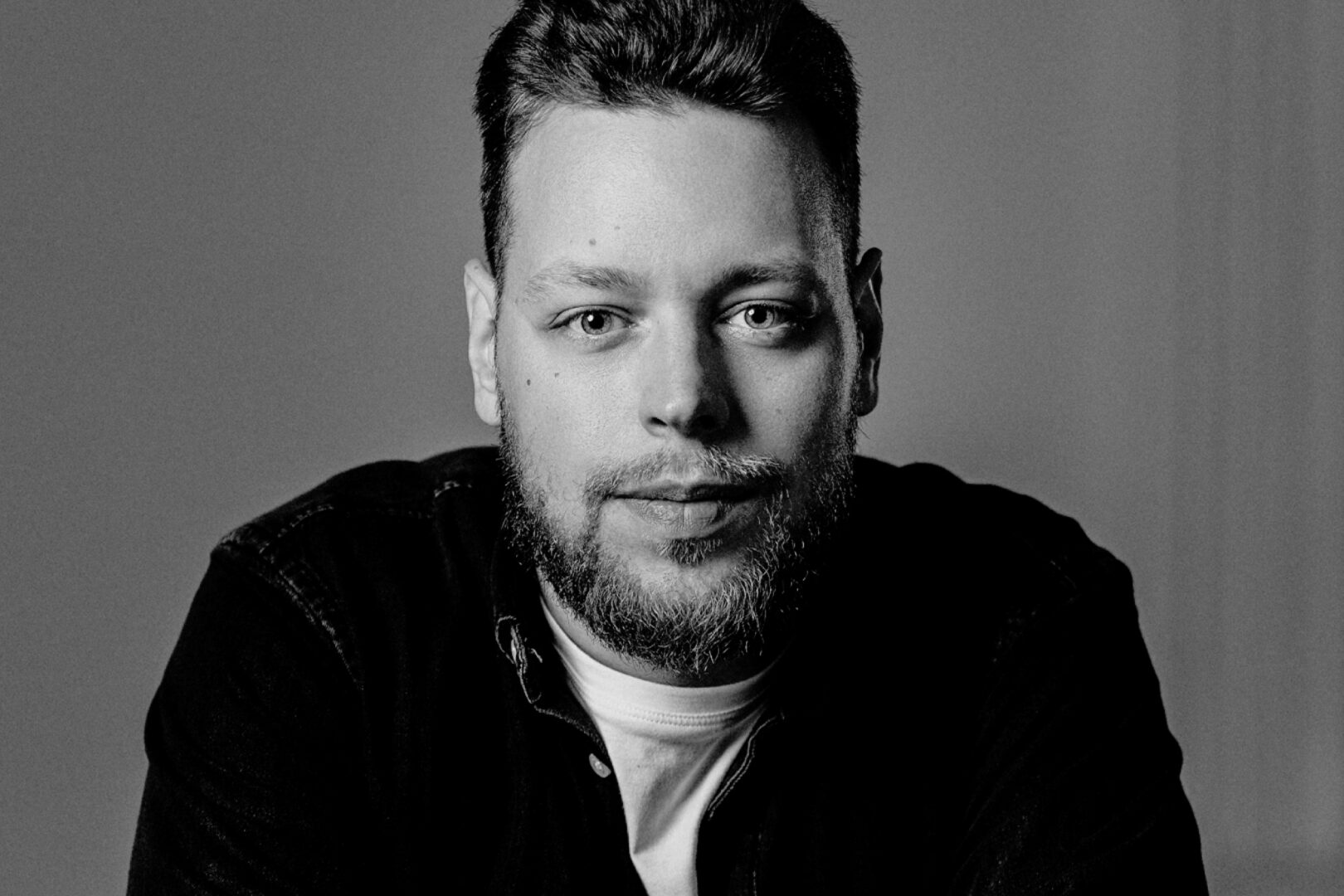

After years working in the health field, at first as a practicing medical doctor and then as a creator of digital health solutions, I learned one thing.
People know how to live healthily, but they won’t. And it’s not their fault.
There are many reasons for this – we are all stressed by global events, swamped with daily responsibilities, burned out from work, and simply do not have enough time to premake that healthy dinner for the entire family.
We might overeat at Christmas, party too hard on the weekend, and skip one too many workouts. We are, indeed, human, no matter how many wearable devices we use to track our health.
Naturally, I am constantly looking for new ways to stay healthier. And since today Americans live way into their mid-70s (even though the average lifespan got shorter recently), we must focus on living healthy lives as well.
It’s easy to be healthy in your 20s – that’s the age of most productivity and wellness gurus.
But try staying in top shape when you have 3 teenage kids, a full-time job, a house to care for, and an extended family to visit. The 50s is the time when our health starts to deteriorate, according to researchers from Duke University. It’s way sooner than most people think they will start feeling their age.
That’s why it’s important to work toward improving your healthspan today – and it’s not necessarily all about eating healthy foods or getting rid of bad habits (even though a healthy lifestyle helps immensely!).
Here are the 4 things we should all do to age healthier:
I know, I know – you might wonder what’s the point of the American dream if you cannot spend your golden years traveling the Caribbean on a cruise ship, without a worry on your mind.
However, a longitudinal study among older adults in the US showed that early retirement might be a risk factor for increased mortality risk. Out of 2,956 participants who enrolled in the study in 1992 and retired by 2010, the average retirement age was 65. However, statistical analysis revealed that participants who retired at age 66 reduced their mortality rate by 11%.
Does that mean that you should retire later? Not necessarily.
What I believe to be the cause behind this trend is people needing a clear purpose and routine in life. If your entire life revolves around your job, if you don’t spend enough time with your family, friends, and the wider community, you don’t have enough things to do after you retire. And then you will not find meaning in frivolous activities such as going on a cruise, no matter how exciting it sounds.
We are social creatures, and we need a higher purpose in life. So starting today, focus on building a life outside of work. Join a volunteer group for a cause you care about. Reach out to people you love. Make sure your hobbies and interests are not overshined by your job responsibilities.
Don’t do it all at once, and try to combine the activities – for instance, start with trying out one new hobby with your spouse once a month. Little by little, you will find a way to build a full life outside of work.
Create a life that is meaningful to you, and you will not feel lost once you retire – you will just switch gears and spend more time on the activities that truly matter to you.
Even before Covid-19, Americans were spending increasingly more time alone, according to the information provided by the US Bureau of Labor Statistics.
“In adolescence we spend the most time with our parents, siblings, and friends; as we enter adulthood we spend more time with our co-workers, partners, and children; and in our later years we spend an increasing amount of time alone.” – Esteban Ortiz-Ospina, ourworldindata.org
Don’t know about you, but for me, this is a really powerful insight that helps to start prioritizing differently and make sure I spend enough time with people I care about before it’s too late.
Loneliness increases the risk of serious health conditions and all-cause mortality. This effect is slightly stronger in men than in women, according to the study published by Laura Alejandra Rico-Uribe, a well-known scientist from Spain.
The impact of loneliness became even more chilling during the Covid-19 pandemic and the social distancing practices implemented across the world. A research paper in The Journal of Nutrition Health and Aging shows that social distancing negatively affects both mental and physical health, including “anxiety, depression, poor sleep quality and physical inactivity during the isolation period.”
Is there a way to deal with this? I think there is.
Hear me out: if loneliness can literally kill you sooner, and if we either spend the most time alone or with our partners as we age, shouldn’t we focus our energy on building lifelong partnerships with friends, family, or a significant other?
Recent results from the US Medicare Health Outcome Survey revealed that marriage has a protective effect and increases life expectancy. Meanwhile, divorce plays a different role and tends to reduce life expectancy.
Marriage might not be a goal for you – but any type of lasting and fulfilling companionship, friendship, or partnership will reap similar results, as long as the persons involved care about each other and are constantly in contact.
The past few years have been demanding on our mental health. The stress, anxiety, burnout, and uncertainty about the future were constantly close – and sadly, we all paid a price for this. Mental health issues are on the rise among all age groups, but not every community has gotten rid of the stigma surrounding mental health care.
Even though taking care of ourselves, deep breathing, or taking a walk in nature are crucial for preventing mental health issues, we have to be real. For many people, basic mental health tips are not enough anymore.
And just as you shouldn’t treat a gunshot with a 5-minute meditation, you cannot treat mental illness with a cup of hot tea and a podcast. Reading self-help books instead of actually visiting a psychologist’s office is just postponing the treatment – and the issues tend to pile up.
Every person in the world has gone through the pandemic and all the stress related to that. On top of that, many have to deal with trauma, burnout, family issues, grief, loneliness, and tons of other issues that are slowly eating us up.
Everyone today would benefit from getting professional help to deal with these experiences. So let’s normalize having a therapist. It’s a sign of a healthier mind – and by extension, a pathway to a longer life.
Oxford University psychiatrists have shown that mental illnesses reduce life expectancy by 10 to 20 years. Another recent study shows that eliminating suicide as a cause of death would have increased life expectancy at birth by 1.92 years for males and 1.36 years for females in the US.
Wait, what? The dream of aging Americans is to move to Florida, so how come Utah or Colorado are better for healthy aging?
Recently, my team of researchers and I wanted to know where we should go if we wanted to live healthy lives for as long as possible. We’ve done extensive research and created a Healthy Aging Index, ranking each state in the US by analyzing 5 criteria: demographics, behavior, economics, healthcare, and mental health.
What we found was truly surprising – some of the most prominent states, such as California or New York, didn’t even make it to the top 5 on the list. Utah, Colorado, Massachusetts, Connecticut, and Minnesota were best for the elderly.
Utah ranks very high on mental health criteria and low on dangerous habits such as alcohol consumption or smoking. Colorado has surprisingly low levels of chronic diseases such as hypertension, obesity, and diabetes.
Healthy habits are contagious, so it’s essential to surround yourself with people that care about the same things as you do.
Of course, you don’t actually have to move anywhere to live healthier – but you must be mindful of your priorities and choices if you want to live well into your old age.
What are other surprising and new ways that could change the way you age?
Share your thoughts, I would love to hear from you!

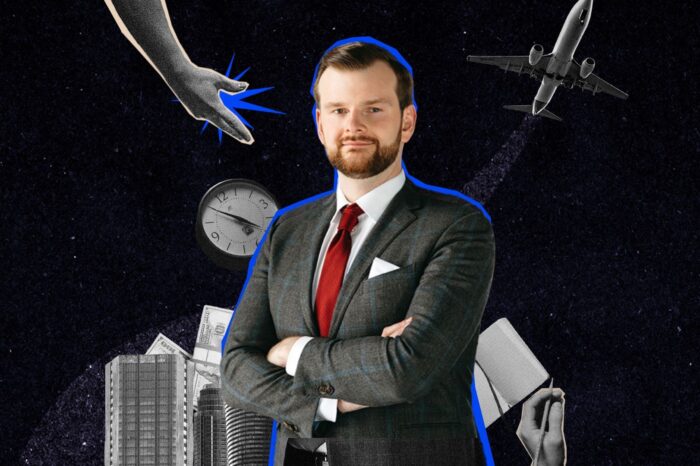
My experience comes from aviation, but now I lead a wellness and HealthTech company. Business lessons are universally similar, and continuous success requires adaptation and growth. In this article, I want to share the most important points — or perhaps…
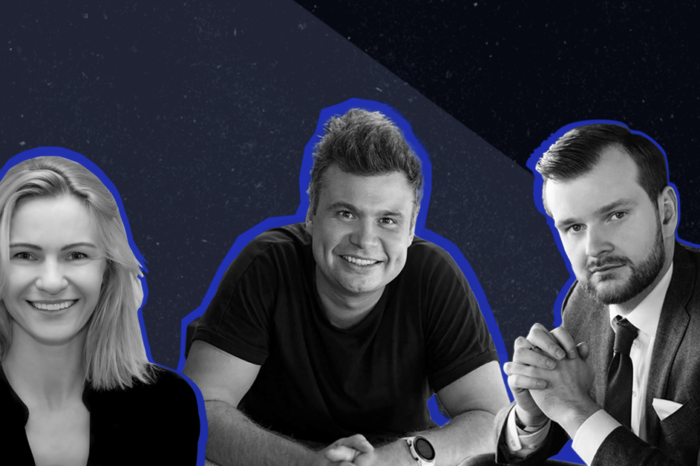
As we’re entering an exciting new chapter of business growth and leadership, it’s the perfect time to catch up on the latest changes in our team and where we’re headed next. Dive in and get to know our new CEO…

I’m Matas, and when asked, I refer to myself as an intern — always learning. However, research, strategy, business development, and idea generation are the cornerstones of my work. I want to pull back the curtain and give you an…
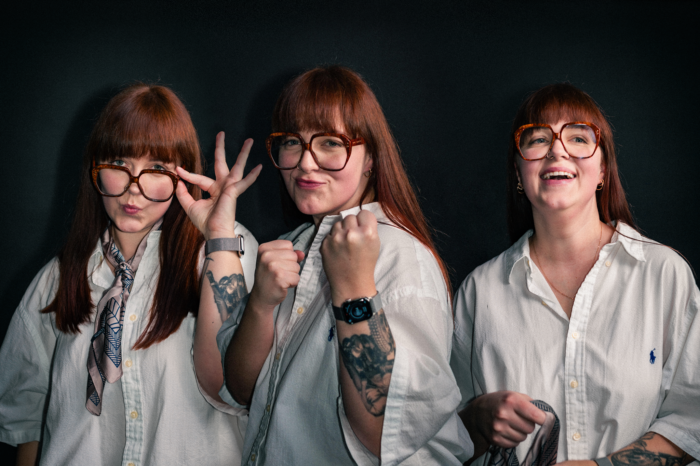
I’m Deimante, currently Head of Marketing at Kilo Health, and a big lover of this company. My journey to being hired at Kilo has been quite the ride. How it all started? I underwent interviews with 11 different people and…

Ever dreamt of taking the lead, even if the path isn’t crystal clear? Or to have someone believe in you and offer you a chance to figure out whether you would thrive in a startup environment? Speaking of which, Kilo…
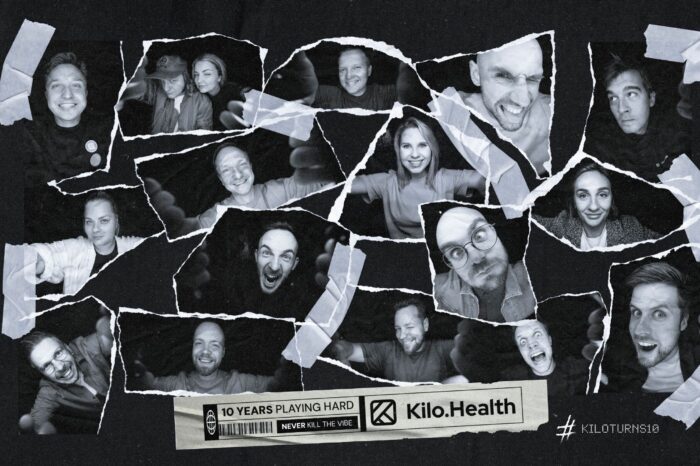
A whole decade has raced by in the blink of an eye for us at Kilo Health, and what better way to celebrate than to reflect on the milestones and lessons over the years? Do you know where we started?…
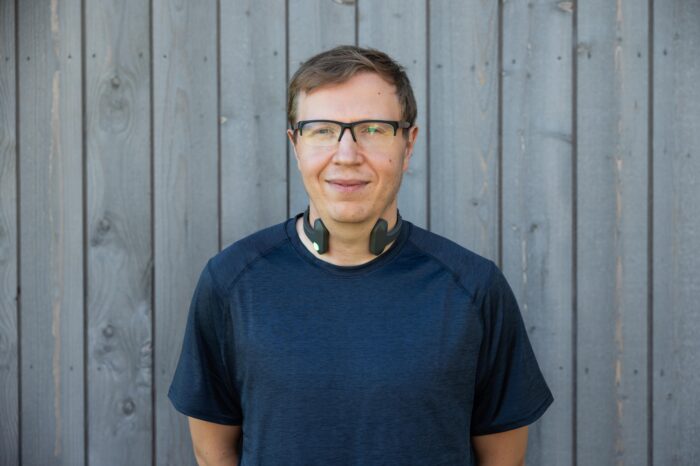
We, the co-founders, are just ordinary individuals with grand ambitions. There are times when we work twice as long and intensely as others, yet we’re equipped with the same amount of daytime, energy, and capacity. However, as leaders in the…
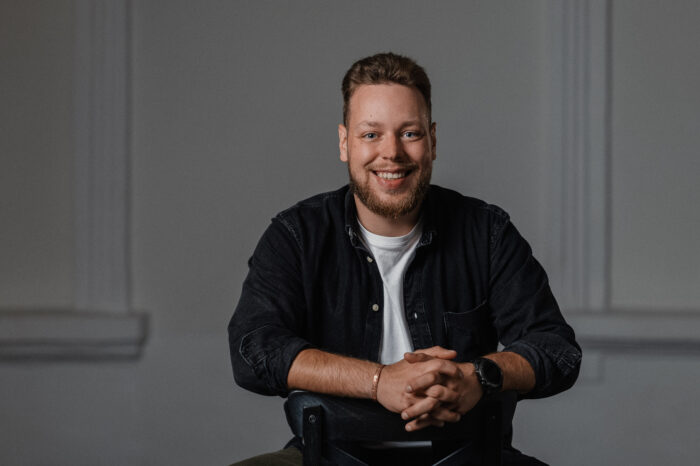
There’s no enchanting tale behind how I became a part of Kilo Health. In truth, some of us regular folks simply have regular journeys, and that’s perfectly fine. What counts is that today, I hold a successful product in my…

Reflecting on your achievements from the previous year is advantageous. That’s exactly what we did, proudly demonstrating our boundless aspirations through an impressive 84% growth and 213 million euros. So let’s put our hands in the air and celebrate together,…

I joined Kilo Health back in 2019, and I can prove that when people’s values and mindsets align, great things can be accomplished, even if you don’t have a plan. BoomeranGO!, the first and only product for children provided by…
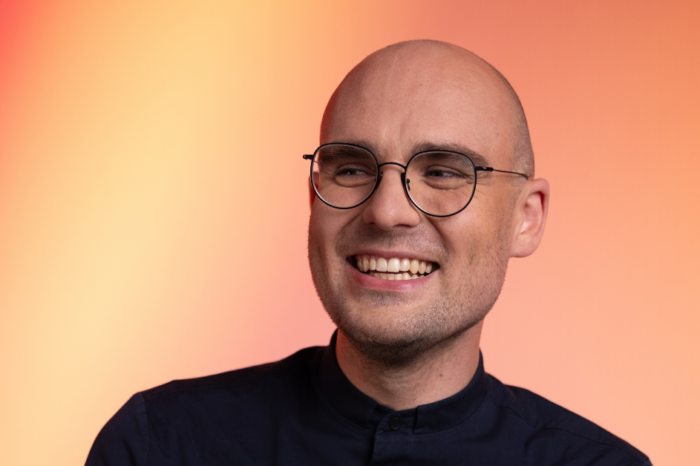
Lighting, sound, set, and actors are essential components of a film studio, but they are not the sole factors that define its success. Consistent creativity, appreciation of talent, and adaptability to market trends are a few of the things that…
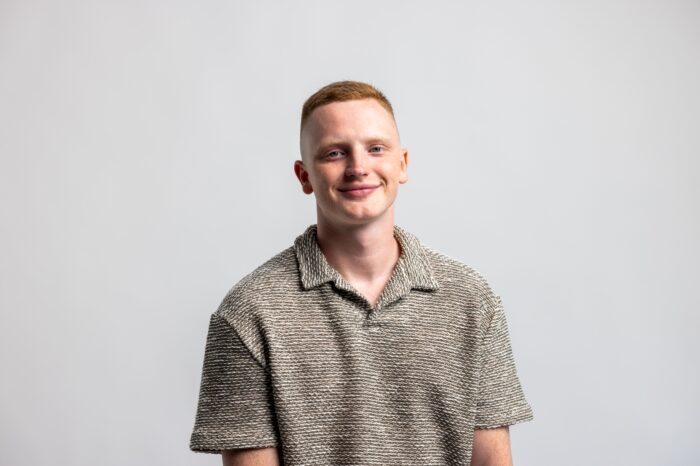
Hi there, I’m Deividas Norkunas, and I’m the AI Experimentation Lead at Kilo Health. I’ve always been passionate about problem-solving, and when there’s no challenge to tackle, well, let’s just say I start looking for something to do. Before this…

Hey there, thanks for finding your way to this blog post. I’m Beatrice, the Marketing Lead of TikTok and Pinterest, but my path wasn’t exactly a straight line. In fact, I’ve held quite a few positions at Kilo Health and…